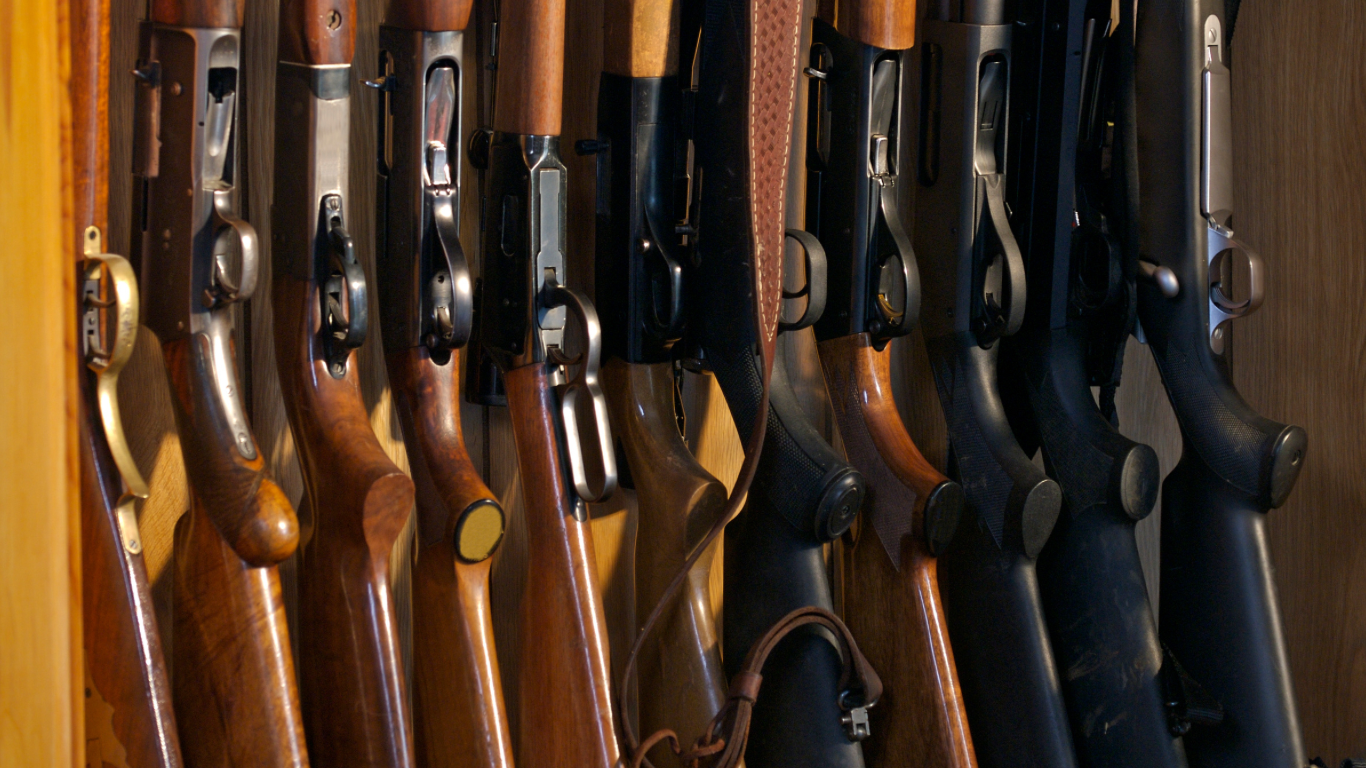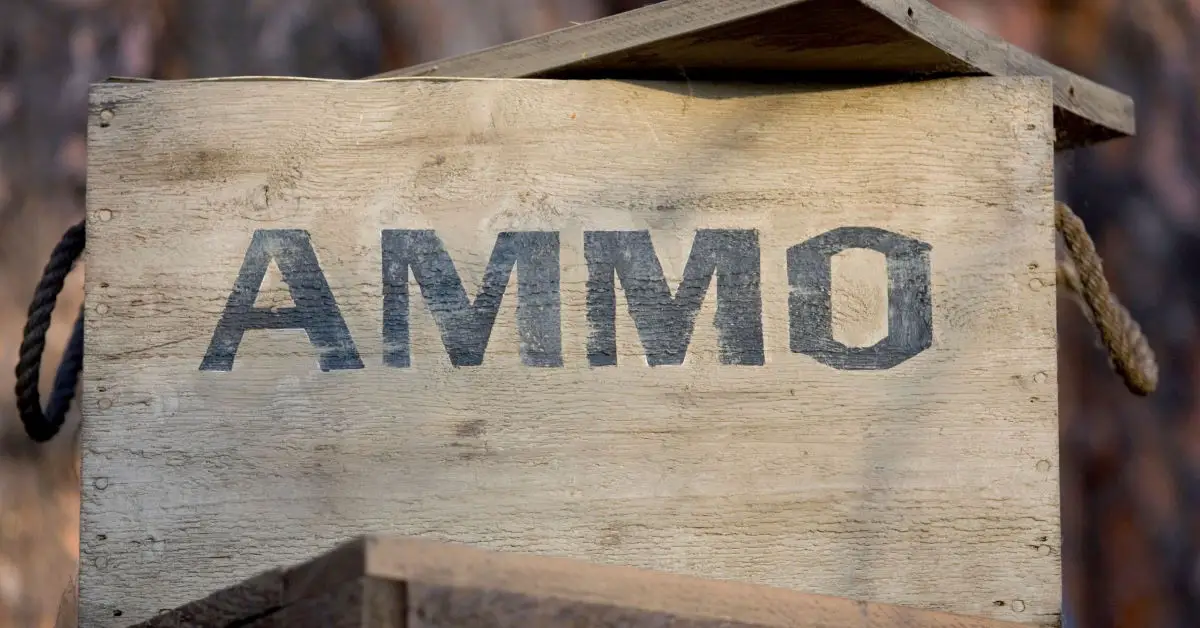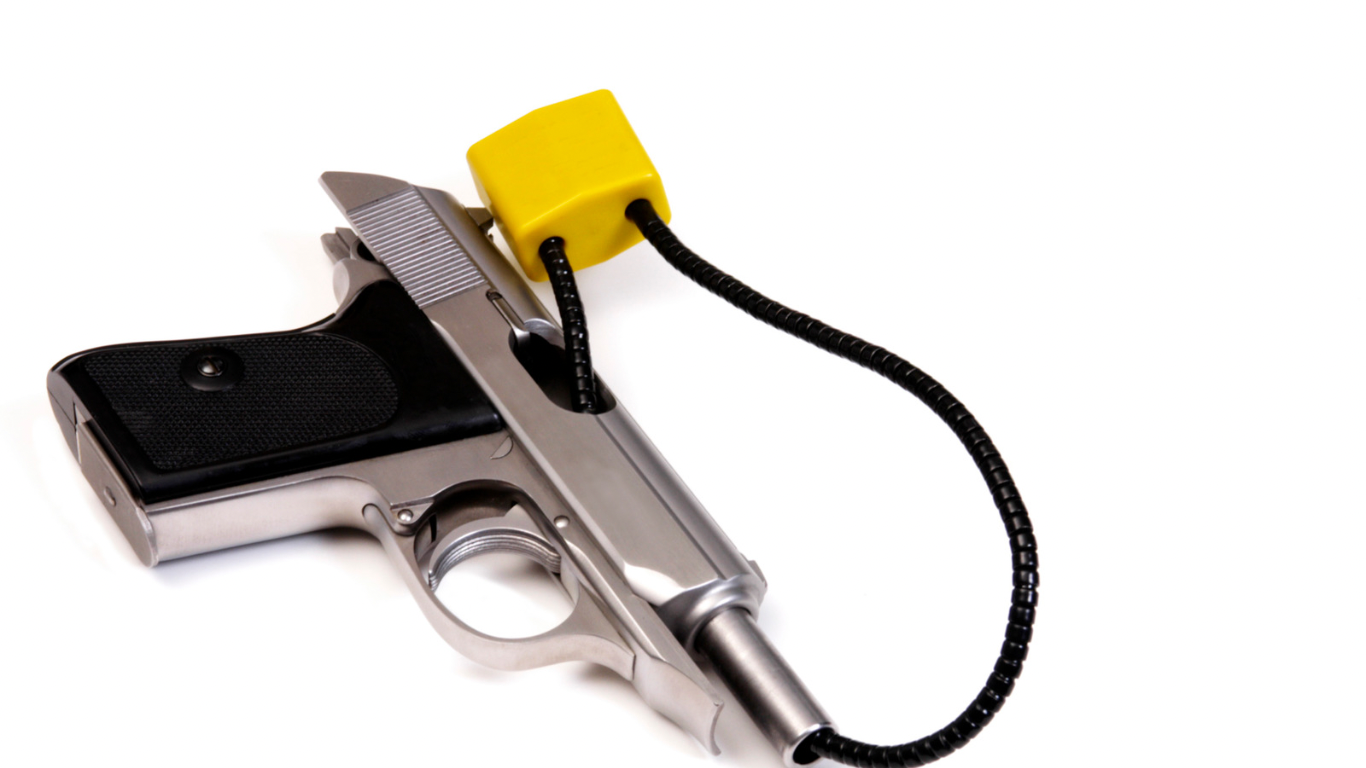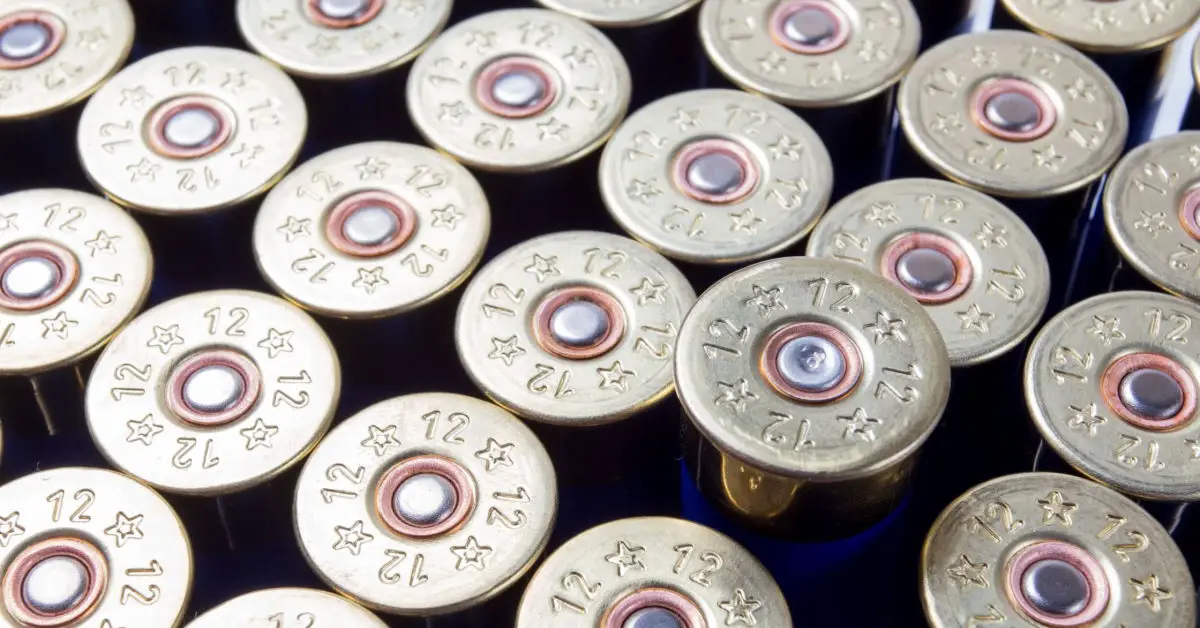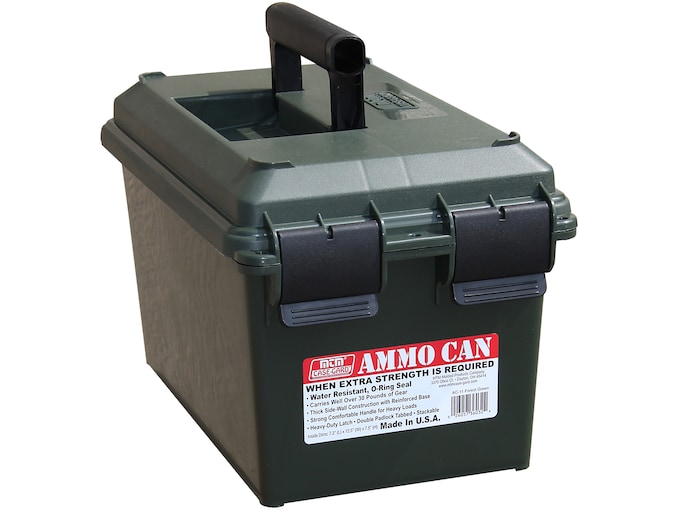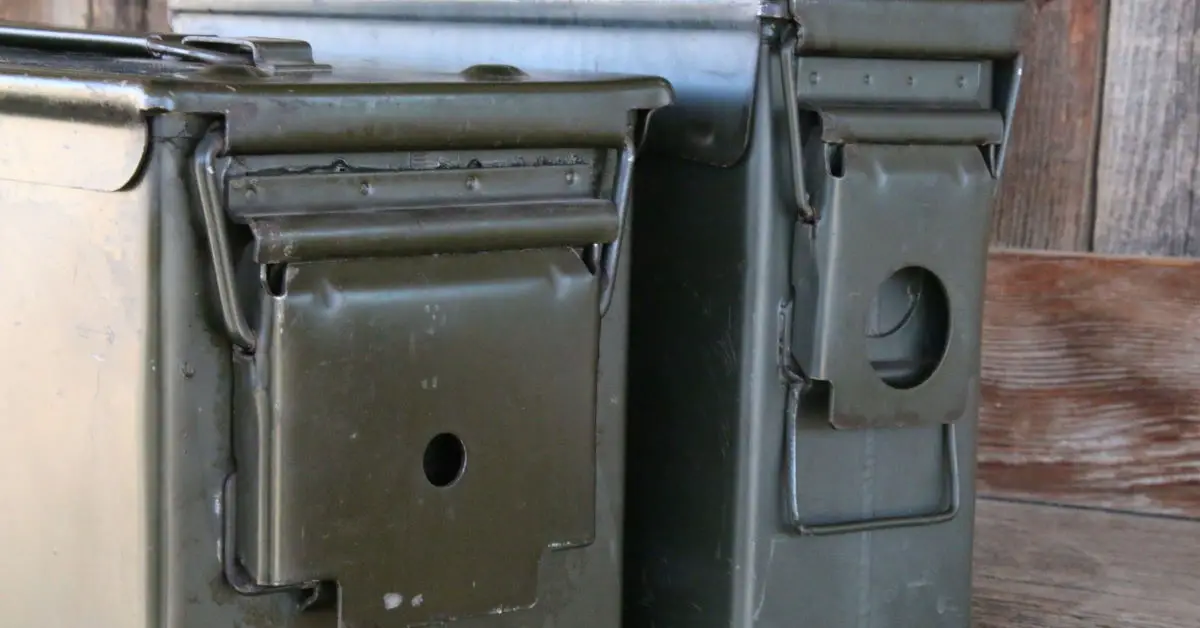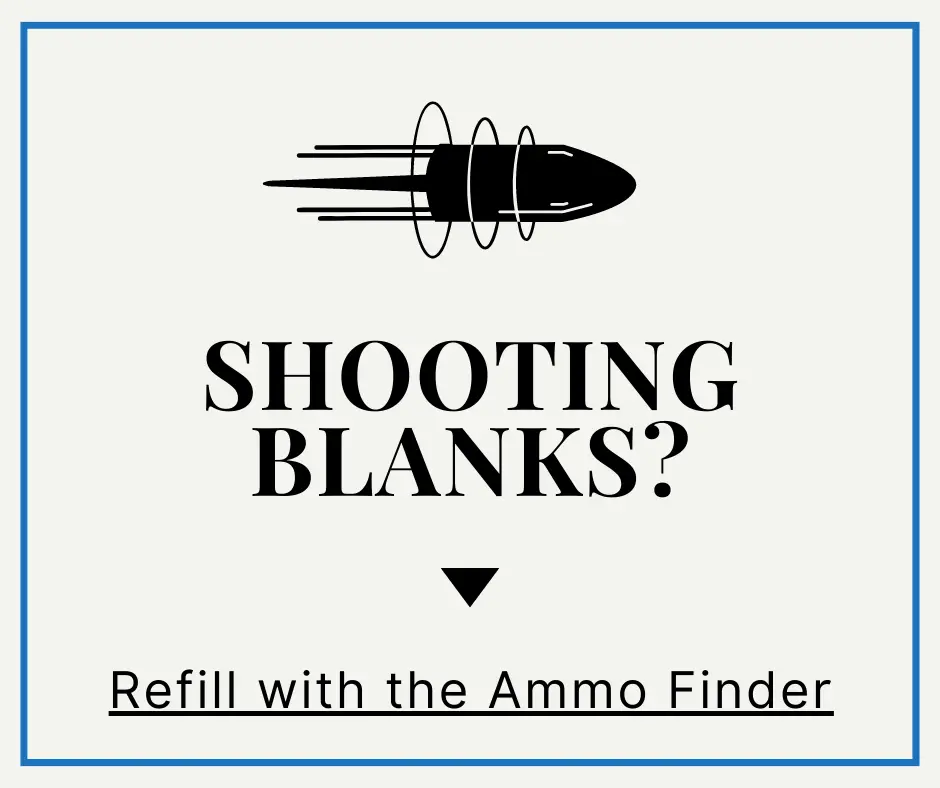With over 300 million guns in the United States, it’s important to ensure that these weapons are not accessible to unauthorized individuals, especially children. Gun storage laws are meant to prevent unintentional shootings and suicides caused by careless storage of guns. However, these laws are not uniform across the country. In this blog post, we’ll take a look at gun storage laws in each state and what you need to know to stay compliant.
IMPORTANT: Regularly check with your state, as gun laws can change, and Gun and Ammo Storage is not the authoritative source for gun laws in your state.
Alabama
Alabama has no specific laws requiring safe gun storage. However, it is a felony to sell, give or lend a firearm to anyone who is known to be prohibited from owning one. It is also a felony to allow a minor under the age of 18 access to a loaded firearm without supervision. While there are no laws in place, it is always recommended to store guns in a safe and secure manner
Alaska
In Alaska, while there are no specific gun storage laws, it is important to note that parents can be held criminally responsible if their child uses a firearm to commit a crime or cause harm to themselves or others. This serves as a reminder of the need for responsible firearm ownership and safe storage practices.
Arizona
Arizona has no state laws requiring the safe storage of firearms. However, several cities within the state have implemented their ordinances mandating safe gun storage in homes with minors present.
Arkansas
Like many other states, Arkansas does not have any specific gun storage laws. However, it is a felony to provide a firearm to someone who is prohibited by law from possessing one. This includes individuals with a history of violence or those under the age of 18.
California
California has some of the strictest gun storage laws in the country. Firearms must be stored securely with a locking device, and ammunition must be stored separately from firearms. Failure to comply can result in criminal charges.
Colorado
Colorado does not have any state laws regarding safe gun storage. However, it is illegal to provide a firearm to a minor without the consent of their parent or guardian. Additionally, safe storage practices are highly encouraged by law enforcement.
Connecticut
Connecticut has comprehensive gun storage laws that require firearms to be stored securely with a locking device and ammunition stored separately. Violation of these laws can result in criminal charges.
Delaware
Delaware also has strict gun storage laws, requiring firearms to be stored securely with a locking device. It is also illegal to provide a firearm to someone who is prohibited by law from possessing one.
Florida
Florida does not have any state laws regarding safe storage of firearms. However, it is a misdemeanor to store or leave a loaded firearm within reach or access of a minor under the age of 16. Safe storage practices are highly encouraged by law enforcement.
Georgia
Georgia does not have any specific gun storage laws, but it is illegal to provide a firearm to a minor without the consent of their parent or guardian. Additionally, safe storage practices are recommended by law enforcement.
Hawaii
Hawaii has strict gun storage laws that require firearms to be stored securely with a locking device and ammunition stored separately. Violation of these laws can result in criminal charges.
Idaho
Idaho does not have any state laws regarding safe gun storage, but it is illegal to provide a firearm to a minor without the consent of their parent or guardian. Safe storage practices are recommended by law enforcement.
Illinois
Illinois has some of the strictest gun storage laws in the country. All firearms must be stored securely with a locking device and ammunition stored separately. Failure to comply with these laws can result in criminal charges.
Indiana
Indiana does not have any state laws regarding safe gun storage, but it is illegal to provide a firearm to someone who is prohibited by law from possessing one. Safe storage practices are encouraged by law enforcement.
Iowa
Iowa does not have any specific gun storage laws, but it is illegal to provide a firearm to a minor without the consent of their parent or guardian. Safe storage practices are recommended by law enforcement.
Kansas
Kansas does not have any state laws regarding safe gun storage, but it is illegal to provide a firearm to a minor without the consent of their parent or guardian. Safe storage practices are encouraged by law enforcement.
Kentucky
Kentucky does not have any specific gun storage laws, but it is illegal to provide a firearm to a minor without the consent of their parent or guardian. Safe storage practices are recommended by law enforcement.
Louisiana
Louisiana has a child access prevention law that requires firearms to be stored securely with a locking device if there is a minor under the age of 17 in the residence. Violation of this law can result in criminal charges.
Maine
Maine does not have any state laws regarding safe gun storage, but it is illegal to provide a firearm to someone who is prohibited by law from possessing one. Safe storage practices are encouraged by law enforcement.
Maryland
Maryland has strict gun storage laws, requiring all firearms to be stored securely with a locking device or in a locked container. Failure to comply with these laws can result in criminal charges. Additionally, it is illegal for anyone under the age of 18 to possess a firearm without the supervision of an adult.
Massachusetts
Massachusetts has strict gun storage laws, requiring all firearms to be stored securely with a locking device or in a locked container. Failure to comply with these laws can result in criminal charges. Additionally, it is illegal for anyone under the age of 18 to possess a firearm without the supervision of an adult. Safe storage practices are highly encouraged by law enforcement.
Michigan
Michigan does not have any specific gun storage laws, but it is illegal to provide a firearm to someone who is prohibited by law from possessing one. Safe storage practices are recommended by law enforcement. Additionally, there are strict penalties for allowing a minor access to a loaded firearm recklessly.
Minnesota
Minnesota has a child access prevention law that requires firearms to be stored securely with a locking device if there is a minor under the age of 14 in the residence. Violation of this law can result in criminal charges. Safe storage practices are encouraged by law enforcement, and it is also illegal for anyone under the age of 18 to possess a firearm without the supervision of an adult.
Mississippi
Mississippi does not have any specific gun storage laws, but it is illegal for anyone under the age of 18 to possess a firearm without the supervision of an adult. Safe storage practices are recommended by law enforcement, and there are strict penalties for allowing a minor access to a loaded firearm recklessly.
Missouri
Missouri has a child access prevention law that requires firearms to be stored securely with a locking device if there is a minor under the age of 18 in the residence. Violation of this law can result in criminal charges. Additionally, Missouri has a “Castle Doctrine” which allows for the use of deadly force against intruders in one’s home. However, safe storage practices are still highly encouraged by law enforcement to prevent accidents and theft of firearms.
Montana
Montana does not have any specific gun storage laws, but it is illegal for anyone under the age of 18 to possess a firearm without the supervision of an adult. Safe storage practices are recommended by law enforcement, and there are strict penalties for allowing a minor access to a loaded firearm recklessly.
Nebraska
Nebraska has a child access prevention law that requires firearms to be stored securely with a locking device if there is a minor under the age of 18 in the residence. Violation of this law can result in criminal charges, and safe storage practices are strongly encouraged by law enforcement. Nebraska also has a “stand your ground” law which allows for the use of deadly force in self-defense situations.
Nevada
Nevada does not have any specific gun storage laws, but it is illegal for anyone under the age of 18 to possess a firearm without the supervision of an adult. Safe storage practices are recommended by law enforcement, and there are strict penalties for allowing a minor access to a loaded firearm recklessly. Nevada also has “stand your ground” and “castle doctrine” laws which allow for the use of deadly force in self-defense and defense of one’s home, respectively. However, safe storage practices are still highly encouraged to prevent accidents and theft of firearms.
New Hampshire
New Hampshire does not have any specific gun storage laws, but it is illegal for anyone under the age of 18 to possess a firearm without the supervision of an adult. Safe storage practices are recommended by law enforcement, and there are strict penalties for allowing a minor access to a loaded firearm recklessly. New Hampshire also has a “stand your ground” law which allows for the use of deadly force in self-defense situations. In addition, New Hampshire is a constitutional carry state where individuals over 18 years old can legally carry a concealed firearm without a permit.
New Jersey
New Jersey has strict gun storage laws that require all firearms to be stored in a secure container or locked with a trigger lock when not in use. Violation of these laws can result in criminal charges and penalties. However, the law does provide exceptions for self-defense situations and hunting activities. New Jersey also has “stand your ground” and “castle doctrine” laws, but the use of deadly force is only justified in certain circumstances. Additionally, New Jersey requires a permit to purchase a firearm and has limitations on magazine capacity for certain firearms.
New Mexico
New Mexico does not have any specific gun storage laws, but it is illegal for anyone under the age of 19 to possess a handgun without the supervision of an adult. Safe storage practices are encouraged, especially in households with children. New Mexico also has a “stand your ground” law and allows individuals to use deadly force in self-defense situations. However, there are restrictions on carrying firearms in certain locations such as schools and government buildings.
New York
New York has some of the strictest gun storage laws in the country. All firearms must be securely stored in a safe or locked container when not in use, and any violation can result in criminal charges. New York also requires a permit to purchase and possess firearms, and there are limitations on magazine capacity for certain firearms. The state does not have a “stand your ground” law, but it does have a “castle doctrine” which allows the use of deadly force in defense of one’s home or property. Additionally, New York has a red flag law that allows for the temporary removal of firearms from individuals deemed to be a danger to themselves or others.
North Carolina
North Carolina does not have any specific gun storage laws, but it is illegal for anyone under the age of 18 to possess a handgun without parental supervision. The state also has a “stand your ground” law and allows the use of deadly force in self-defense situations. However, there are restrictions on carrying firearms in certain locations such as schools and government buildings.
North Dakota
North Dakota does not have any specific gun storage laws, but it is recommended to safely store firearms when not in use. The state has a “stand your ground” law and allows the use of deadly force in self-defense situations. However, there are restrictions on carrying firearms in certain locations such as schools and government buildings. Additionally, North Dakota has a red flag law that allows for the temporary removal of firearms from individuals deemed to be a danger to themselves or others.
Ohio
Ohio has no specific gun storage laws, but it is recommended to safely store firearms when not in use. The state has a “castle doctrine” and “stand your ground” law, which allows the use of deadly force in defense of one’s home or property and in self-defense situations. However, there are restrictions on carrying firearms in certain locations such as schools and government buildings.
Oklahoma
Oklahoma does not have any specific gun storage laws, but it is recommended to safely store firearms when not in use. The state has a “stand your ground” law and allows the use of deadly force in self-defense situations. However, there are restrictions on carrying firearms in certain locations such as schools and government buildings. Additionally, Oklahoma has a red flag law that allows for the temporary removal of firearms from individuals deemed to be a danger to themselves or others.
Oregon
Oregon has no specific gun storage laws, but it is recommended to safely store firearms when not in use. The state has a “stand your ground” law and allows the use of deadly force in self-defense situations. However, there are restrictions on carrying firearms in certain locations such as schools and government buildings. Additionally, Oregon has a red flag law that allows for the temporary removal of firearms from individuals deemed to be a danger to themselves or others. The state also requires background checks for all firearm purchases and prohibits possession of firearms by certain individuals such as felons and those with restraining orders.
Pennsylvania
Pennsylvania does not have any specific gun storage laws, but it is recommended to safely store firearms when not in use. The state has a “castle doctrine” law, which allows the use of deadly force in defense of one’s home or property. However, there are restrictions on carrying firearms in certain locations such as schools and government buildings. Pennsylvania also requires background checks for all firearm purchases and prohibits possession of firearms by certain individuals such as felons and those with restraining orders.
Rhode Island
Rhode Island has no specific gun storage laws, but it is recommended to safely store firearms when not in use. The state has a “stand your ground” law and allows the use of deadly force in self-defense situations. However, there are restrictions on carrying firearms in certain locations such as schools and government buildings. Additionally, Rhode Island requires background checks for all firearm purchases and prohibits possession of firearms by certain individuals such as felons and those with restraining orders. The state also has a red flag law that allows for the temporary removal of firearms from individuals deemed to be a danger to themselves or others.
South Carolina
South Carolina does not have any specific gun storage laws, but it is recommended to safely store firearms when not in use. The state has a “stand your ground” law and allows the use of deadly force in self-defense situations. However, there are restrictions on carrying firearms in certain locations such as schools and government buildings. South Carolina also requires background checks for all firearm purchases and prohibits possession of firearms by certain individuals such as felons and those with restraining orders.
South Dakota
South Dakota has no specific gun storage laws, but it is recommended to safely store firearms when not in use. The state has a “stand your ground” law and allows the use of deadly force in self-defense situations. However, there are restrictions on carrying firearms in certain locations such as schools and government buildings. Additionally, South Dakota requires background checks for all firearm purchases and prohibits possession of firearms by certain individuals such as felons and those with restraining orders. The state also has a red flag law that allows for the temporary removal of firearms from individuals deemed to be a danger to themselves or others.
Tennessee
Tennessee does not have any specific gun storage laws, but it is recommended to safely store firearms when not in use. The state has a “stand your ground” law and allows the use of deadly force in self-defense situations. However, there are restrictions on carrying firearms in certain locations such as schools, government buildings, and parks. Tennessee also requires background checks for all firearm purchases and prohibits possession of firearms by certain individuals such as felons and those with restraining orders. The state also has a red flag law that allows for the temporary removal of firearms from individuals deemed to be a danger to themselves or others.
Texas
Texas does not have any specific gun storage laws, but it is recommended to safely store firearms when not in use. The state has a “stand your ground” law and allows the use of deadly force in self-defense situations. However, there are restrictions on carrying firearms in certain locations such as schools, government buildings, and bars. Texas also requires background checks for all firearm purchases and prohibits possession of firearms by certain individuals such as felons and those with restraining orders. In addition, Texas has recently passed a law allowing for the carrying of firearms without a permit, also known as constitutional carry. This law allows individuals to openly carry handguns in public places without a license or training. It has faced criticism and concerns about potential safety risks. The state also has a red flag law that allows for the temporary removal of firearms from individuals deemed to be a danger to themselves or others.
Utah
Utah has specific gun storage laws that require firearms to be safely stored when not in use, especially if there are minors living in the household. The state also has a “stand your ground” law and allows the use of deadly force in self-defense situations. However, there are restrictions on carrying firearms in certain locations such as schools, government buildings, and bars. Utah also requires background checks for all firearm purchases and prohibits possession of firearms by certain individuals such as felons and those with restraining orders. In addition, Utah has a permitless carry law that allows individuals over the age of 21 to openly carry a concealed firearm without a permit. However, to conceal carry a firearm in public places, an individual must obtain a concealed carry permit. Utah also has a red flag law that allows for the temporary removal of firearms from individuals deemed to be a danger to themselves or others.
Vermont
Vermont has no specific laws regarding the safe storage of firearms. However, there are laws in place that hold gun owners responsible if a minor gains access to a firearm and causes harm or death. “Stand Your Ground” Law: Vermont does not have a “stand your ground” law, but it does allow for the use of deadly force in self-defense situations. However, there are restrictions on carrying firearms in certain locations such as schools, government buildings, and bars. Vermont also requires background checks for all firearm purchases and prohibits possession of firearms by certain individuals such as felons and those with restraining orders.
Virginia
Unlike Vermont, Virginia does have a law that requires gun owners to keep their firearms locked and inaccessible to minors. This law also extends to individuals who are not the legal owners of the firearm but may have access to it in the home. “Stand Your Ground” Law: Virginia has a “stand your ground” law that allows individuals to use deadly force in self-defense situations without a duty to retreat. However, Virginia also has restrictions on carrying firearms in certain locations and individuals must obtain a concealed carry permit to conceal carry in public places. Virginia also has a red flag law that allows for the temporary removal of firearms from individuals deemed to be a danger to themselves or others.
Washington
Washington has laws in place regarding the safe storage of firearms, including a requirement that guns be stored in a locked container or with a trigger lock. Gun owners can face criminal charges if they do not comply with this law and a minor gains access to the firearm. “Stand Your Ground” Law: Washington does not have a “stand your ground” law, but it does allow for the use of deadly force in self-defense situations. However, individuals must still demonstrate that they used reasonable force and did not have the opportunity to retreat before using deadly force. Washington also has restrictions on carrying firearms in certain locations and requires a concealed carry permit for concealed carry in public places.
West Virginia
West Virginia has no specific laws regarding the safe storage of firearms, but it does prohibit individuals from negligently storing or leaving a loaded firearm within reach of a minor. “Stand Your Ground” Law: West Virginia has a “stand your ground” law that allows individuals to use deadly force in self-defense situations without a duty to retreat. However, this does not apply if the individual is engaged in criminal activity or is an aggressor in the situation. West Virginia also has restrictions on carrying firearms in certain locations and requires a concealed carry permit for concealed carry in public places.
Wisconsin
Wisconsin has laws in place regarding the safe storage of firearms, including a requirement that guns be stored in a locked container or with a trigger lock. Gun owners can face criminal charges if they do not comply with this law and a minor gains access to the firearm. “Stand Your Ground” Law: Wisconsin has a “stand your ground” law that allows individuals to use deadly force in self-defense situations without a duty to retreat. However, the law also states that the individual must believe they are in imminent danger of death or great bodily harm, and they cannot be engaged in unlawful activity at the time. Wisconsin also has restrictions on carrying firearms in certain locations and requires a concealed carry permit for concealed carry in public places.
Wyoming
Wyoming has no specific laws regarding the safe storage of firearms, but it does have a law that prohibits individuals from negligently storing or leaving a loaded firearm within reach of a minor. “Stand Your Ground” Law: Wyoming has a “stand your ground” law that allows individuals to use deadly force in self-defense situations without a duty to retreat. However, this does not apply if the individual is engaged in criminal activity or is the initial aggressor in the situation. Wyoming also has laws regarding carrying firearms in certain locations and requires a concealed carry permit for concealed carry in public places.
Conclusion
These are just a few examples of the varying gun laws across different states in the United States. Gun owners need to be knowledgeable and responsible when it comes to their firearms, as they have the potential to cause great harm if not handled properly.
Regularly check with your state, as gun laws can change, and Gun and Ammo Storage is not the authoritative source for gun laws in your state.
It’s also important for individuals to understand the laws in their state and comply with them to avoid facing criminal charges. Additionally, it’s essential for lawmakers to continuously evaluate and update these laws to promote public safety while still protecting the rights of responsible gun owners.
In addition to state laws, there are also federal laws that regulate firearms in the United States. The National Firearms Act of 1934 regulates the sale and possession of certain types of firearms, including machine guns, short-barreled shotguns, and silencers. The Gun Control Act of 1968 prohibits certain categories of individuals, such as convicted felons and individuals with a history of mental illness, from purchasing or possessing firearms.
Furthermore, the Brady Handgun Violence Prevention Act of 1993 requires background checks for all firearm purchases from licensed dealers. This includes a check for any past criminal convictions or involuntary commitments to a mental health institution.
Despite these laws and regulations, there is ongoing debate about the effectiveness of gun control measures in reducing gun violence. Some argue that stricter laws and regulations can help prevent firearms from falling into the wrong hands, while others believe that responsible gun ownership and education are more effective ways to promote public safety.
Regardless of one’s stance on this issue, it is clear that gun control remains a contentious and complex topic in the United States. It is important for individuals to stay informed and engaged in the discussion, as well as to advocate for responsible and effective solutions that balance both public safety and individual rights.
In conclusion, while the right to bear arms is a fundamental aspect of American culture and tradition, it is also crucial to recognize the potential dangers associated with firearms. By understanding and abiding by state and federal laws, as well as promoting responsible gun ownership and education, we can work towards creating a safer society for all individuals. Remember to stay informed and engaged in the ongoing discussion surrounding gun control, and always prioritize safety and responsibility when it comes to firearms. With continued efforts and open dialogue, it is possible to find solutions that promote both individual rights and public safety.
